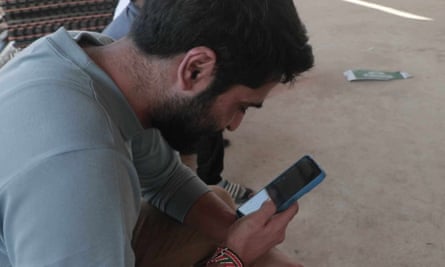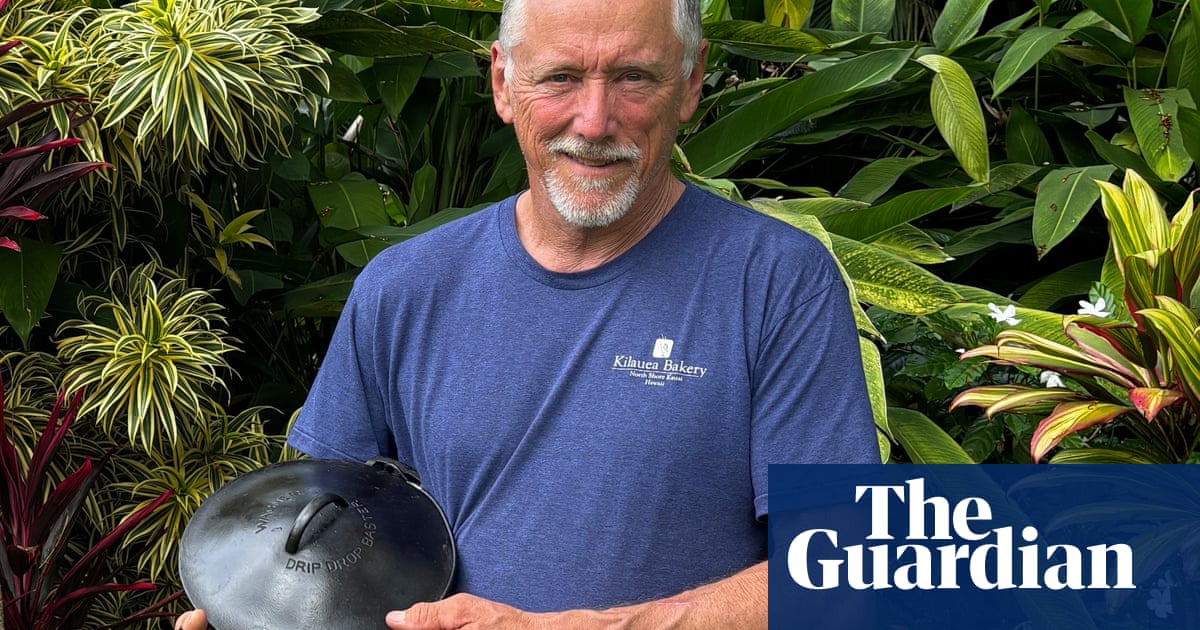“The Chinese would shock me with electric probes almost daily. I endured this continuously for nine months,” claims Seye, a 27-year-old woman who is one of hundreds of alleged trafficking victims who streamed across the Thai-Myanmar border this month.
Seye was among 260 people, more than half of them Ethiopian, who were transferred across the border to Thailand this February by a rebel group. Several among the group agreed to be interviewed on the condition they use only their first name.
Carrying their belongings and stories of hell, the group alleged they were trapped in one of the region’s notorious scam compounds, where they were subject to frequent abuse and forced to scam people around the world.
The massive repatriation comes amid growing pressure to crack down on transnational online fraud operations, from romance scams to gambling and bogus investments. Known as scam centres, the industry has in recent years proliferated in lawless border areas, especially along the Thai-Myanmar border.
Many are lured by the promise of well-paying jobs, but instead end up enslaved secure compounds where they are forced to carry out online scams.
The operations have become increasingly globalised, with victims from across Asia, Africa, the Middle East, and South America. Research by the US Institute of Peace estimated these scams generate $63.9bn a year in global revenue, the majority of which ($39bn) is generated in Cambodia, Myanmar and Laos.
At least 120,000 people across Myanmar and another 100,000 in Cambodia may be forced to work in the industry, the UN says.
‘Punishing people like animals’
Six months ago, Shazab, a 24-year-old man from Pakistan flew to Bangkok to take up what he thought was a job in IT. Instead, he says, his phone and passport were confiscated and he was unwittingly trafficked across the border to a scam centre in Myanmar.
At first, he says he refused to cooperate.

“When I refused, I was tortured. They tied both my hands to a pole. Then they beat me. Shocked me with electric probes,” says Shazab, who was among the cohort picked up along the border.
“Later they sold me to another compound for $10,000, saying I wasn’t working well. They exchanged money right in front of me,” he says.
Shazab was in the group was that was handed over by the Democratic Karen Buddhist Army (DKBD), a Myanmar rebel group, to the Thai Army. The DKBD confirmed the group had been working at a scam centre in Kyauk Khet, a village in Kayin, also known as Karen, state along the Thai-Myanmar border.
Dozens in the group showed wounds they said were due to being repeatedly shocked with an electric prod. Beatings, they said, were also carried out using PVC pipes, ropes, and sometimes charging cables.
“They’re punishing people like animals,” alleges another Pakistani national named Salman. “Torturing without any reason.”
Among those released were nationals from more than a dozen countries, including China, Brazil, Cambodia, Malaysia, Pakistan, Sri Lanka, Nepal, Indonesia, India, Laos, Bangladesh, Ethiopia, Kenya, Uganda, Nigeria, and Tanzania.

‘They ordered me to torture my team members’
Thailand has in recent weeks launched a crackdown on the industry, with authorities cutting the internet, electricity and fuel to five areas where crime groups allegedly operate.
About 7,000 people have been rescued from allegedly illegal call centre operations in Myanmar and were waiting to be transferred to Thailand, prime minister Paetongtarn Shinawatra said this month.
China has also been pressuring the region to rein in the clandestine operations, particularly after a high-profile kidnapping of a Chinese actor into Myanmar in January. The 22-year-old man, Wang Xing, was abducted after arriving in Thailand for what he believed was a casting call with film producers.
According to almost a dozen people interviewed on the border in February, victims were forced to work more than 15 hours a day without payment, and subject to frequent abuse.
Shazab, who worked as a team leader at the compound he was allegedly sold to, managed a team of 12 people, which he claims was tasked to scam $10,000 each day from online “clients”.
If they failed to meet their quota, he says, they were locked in a dark room for about a week, beaten, and forced to do more than 1,000 squats.
“They ordered me to torture my team members. When I said I couldn’t do it, I was beaten for three straight days,” alleges Shazab.
The foreign nationals interviewed described a compound that they said was made up of about 10 buildings, each about two storeys high.
Shazab and 10 other foreign nationals interviewed by the Guardian alleged that their torturers were Chinese nationals, who used translators as intermediaries.
In an interview with the Guardian, Thai police general Thatchai Pitaneelaboot, director of the Anti-Human Trafficking Center, said it is believed that between 30 and 40 Chinese criminal gangs were running the centres.
Claims of violence and abuse should be examined carefully, said Thatchai.
“Some of them voluntarily go there and work, try to scam other people, get lots of money and go back,” he said, adding that in other cases people were forced into criminality and subjected to violence.
In the border town of Mae Sot, the group were interviewed to determine whether they were victims of human trafficking.
Desperate to escape, Shazab says he sent more than 30 emails to the embassies of Pakistan and China in Thailand asking for help but never received a reply.
Thousands of miles from home, Luckas, a 31-year-old from Brazil, tried the same but was caught. “After I secretly contacted home and told them about the conditions here … They beat me a lot,” he says.
“Now I feel good. I am not afraid,” he says after crossing the river and stepping on to Thai soil, “I know I am safe here.”

 3 months ago
72
3 months ago
72

















































